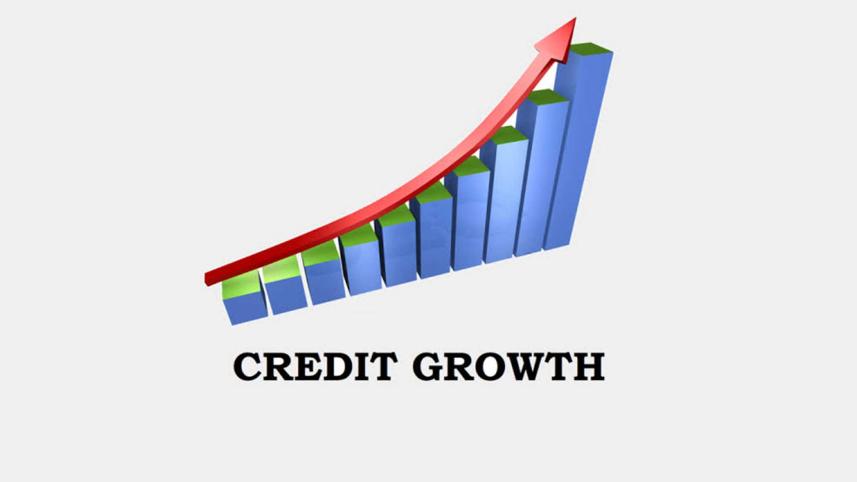Private credit growth rises 11.3pc in March

The economy has turned around from the slowdown stemming from the pandemic, as a result of which businesses are raising their investments taking loans from banks
Private sector credit growth in Bangladesh accelerated to 11.29 per cent in March, the highest in three years, spurred by high commodity imports ahead of Ramadan and Eid-ul-Fitr, the biggest sales season for domestic market-oriented businesses.
Many businesses which usually prefer taking foreign loans are now managing funds from local banks because of recent exchange rate fluctuations between the taka and US dollar, pushing up private sector credit growth as well, said bankers.
Besides, the economy has turned around from the business slowdown stemming from the pandemic, as a result of which businesses are increasing their investments taking loans from banks, they said.
In February, private sector credit growth stood at 10.87 per cent, down from 11.07 per cent the month before, according to Bangladesh Bank data.
The central bank has set a private sector credit growth target of 14.8 per cent for the current fiscal year ending in June.
It missed its goal of 14.8 per cent last fiscal year as the growth plunged to 8.35 per cent.
Syed Mahbubur Rahman, managing director of Mutual Trust Bank, said the rise of private sector credit growth was a positive trend for the economy but growing pressure on foreign exchange reserves due to high import payments should be eased.
Businesses have imported a large volume of commodities to meet consumer demand during ongoing Ramadan, playing a role in propagating the credit growth, he said.
Besides, the exchange rate of the taka against the US dollar is now on a depreciating mode, which has discouraged businesses from taking loans from foreign sources, he said.
Many businesses might have thought that they will have to pay more taka against the amount received in foreign loans due to a probable depreciation of the local currency in the days to come, Rahman said.
The interbank exchange rate of the taka stood at Tk 86.20 a dollar yesterday in contrast to Tk 84.80 a year ago.
Although the economy is now growing exponentially, the central bank should monitor the foreign exchange related pressure cautiously to address the rising trend of imports, Rahman said.
Between July and February this fiscal year, import payments stood at $54.37 billion, which is an increase of 47 per cent year-on-year.
Against the backdrop, the foreign exchange reserves dipped to $44.18 billion last week. The reserves surpassed $48 billion in August last year.
Along with Ramadan, Eid has also contributed to higher import payments this month, said Abul Kashem Md Shirin, managing director of Dutch-Bangla Bank.
Consumer and personal loans are now on the increase substantially as many individuals have got back their confidence with the waning of the pandemic, he said.
In addition, large businesses did not take loans in the last two years, which is why they are now giving all-out efforts to expand their industrial units, he said.
This has had a positive impact on private sector credit growth, Shirin said.
Emranul Huq, managing director of Dhaka Bank, said commodity prices in the global market was still in unrest.
Import payments will decline when prices of essential commodities in the global market become stable, he said.
Earlier this month, the BB instructed banks to impose a margin of at least 25 per cent on the opening of letters of credit for non-essential consumer items in a bid to rein in escalating import payments.




 For all latest news, follow The Daily Star's Google News channel.
For all latest news, follow The Daily Star's Google News channel.
Comments